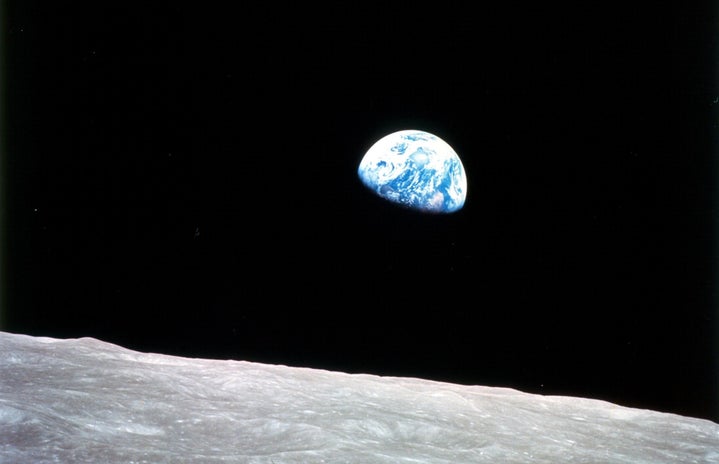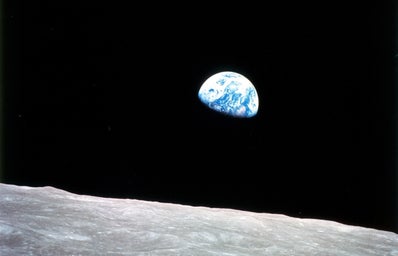The economic world as it appears today seems contingent with the concept of neoliberalism; however, the underlying complexities suggest that our global economy has developed into a viciously irreversible cycle of dependency. In an idealized world under neoliberalism, the global economy enables mutually beneficial relationships that progresses advantageous international relations.
However, the current interdependence of global institutions has spun a complicated web that exploits all parties and designates hyper-distinguished economic winners and losers. Although global institutions are built on the assumption of neoliberalism, there is little evidence of even-handed profit in the global economy, as core countries manipulate the economy to further benefit themselves, directly disadvantaging peripheral countries. Our current global system relies on the interest of the core countries — the United States, United Kingdom, Japan, Australia, and most of Western Europe — where the core will maneuver its way to its benefit, regardless of any posed threat to the dual economy.
Driven by a pursuit of economic survival, smaller nations are suppressed into positions of dependence by core and sub-core countries, and this global inequality perpetuates as a vicious cycle that survives on the concept that coordinated development cannot occur without equitable underdevelopment. Local micro-economies that reside within smaller nations suffer astronomically under the crushing pressures of the global powers and face economic disaster.
The industrialization of developed countries has deprived poorer countries of necessary expansion and intensified peripheral countries’ reliance on the demand of the core countries. The dual economy capitalizes on the exploitation of dependent states, as they serve as expendable resource providers to further benefit the core nations. The dependency complex has sunk its teeth deep into the web of global relations, where a small state gets drown by monopolized competitors. Once a state begins to become economically independent in production, monopolizers stagnate their process and either buy them out or choke their potential success.
The initial intention of a mutually beneficial global economy has been diluted by an unyielding pursuit of individual success; development and underdevelopment are two sides of the same coin, where one country’s success equates to another’s disadvantage. As the world endures this pandemic, the polarization of core and periphery nations worsens, where small nations hold no control over their economic fate and the exploitation of resources increases. The subsequent state of the global economy appears to be on a consistent trajectory as the disparity of global profits intensifies.


